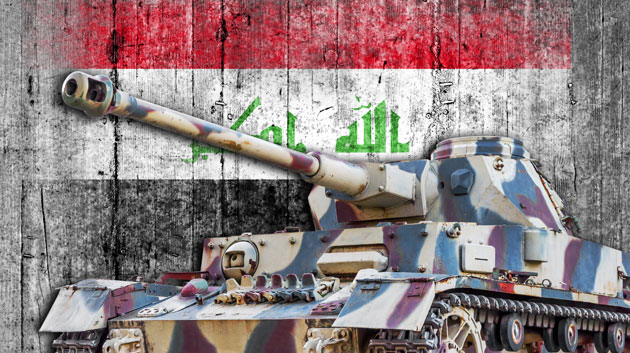Iraq War an Act of Racism
Looking into "The Laws of Justice"
The need for reflecting over the Western sense of Justice is growing ever greater.
The UK’s Iraq War inquiry, as to whether it was the right decision for the UK to join the Iraq war, recently published a report. The conclusion was, as Sir John Chilcot announced, “the UK chose to join the invasion of Iraq before peaceful options for disarmament had been exhausted.”
In other words, they based their decision on erroneous information and prematurely assumed that Iraq was an evil country. British-Australian diplomat and journalist Gregory Clark published an article in The Japan Times on the 9th in response to this news.
Ignorance and Cruelty of Military Intervention in the Middle East
According to the article, Clark criticized that the report largely disregarded the victims in the Middle East, and that “the problem with the Iraq intervention, as with all other U.S./U.K. interventions in the Middle East, has been both the ignorance and cruelty with which they have been conducted”.
Even an anti-Iraq war report fails to sufficiently convey its cruelties.
Clark commented that the “intervention was fuelled by Western hubris — a belief that our values were better than theirs”. On the cruelty of, for instance, aerial bombings, he said that the West largely ignore[s] the far greater sufferings of the many innocent civilians they were attacking. “Our lives are much more valuable than theirs”, it seems. It is racism of the worst possible kind.”
In his book “The Laws of Justice”, Master Ryuho Okawa, founder of Happy Science, comments on Western intervention in the Middle East as follows:
“It is not that Christianity does not accept Islam as a particular society or country. Underneath all of this there lies the idea that ‘according to the principles of religion, Islam is what would have been the devil in Medieval Europe’.
Of course they do not say this explicitly . . . but the ‘Christianity versus Islam’ battle has not come to a decisive conclusion, even after three crusades. This has carried on to this day.”
Western politicians may say that the intervention is for national security reasons. We must realize, however, that it is really a religious conflict.
Some Things Cannot Be Seen Through Christian Values
Of course we cannot approve of the continuing Islamic terrorism aimed at civilians, including Bangladesh and Iraq. Like Clark says, however, it is also a mistake to think that Western Christian values are absolute goodness.
The history of the Middle East’s opposition against Western occupation is reflective of the fact that there are things that cannot be seen through these Christian values alone.
The great Western powers of the world once dominated the area from the Middle East through to North Africa. For instance, France and the UK forcefully divided the Ottoman Empire to whom they had lost in WWI, and controlled the region. The reason behind the West’s redrawing of national borders around Islamic countries also lies in their mistaken conception that Islam is absolute evil.
In view of this history, Clark’s criticism of the Western sense of justice is correct. If the West does not reflect upon its past mistake of colonising the Middle East, the conflict there will never end.



















